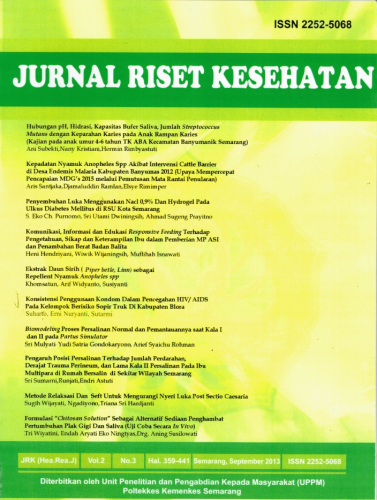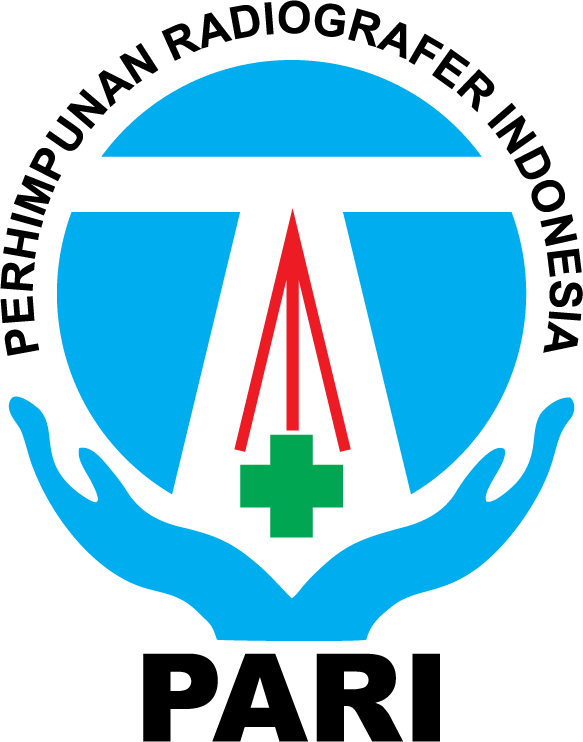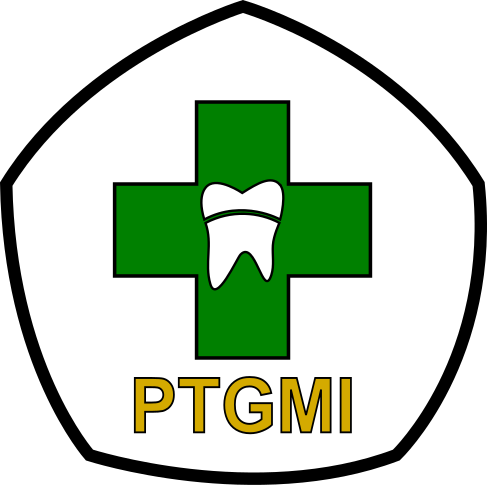The Relationship Between Family Social Support And Post-Traumatic Growth In People With Hiv/Aids (Plwha) In Semarang City
Abstract
This study aims to empirically examine the relationship between family social support and post-traumatic growth in people living with HIV/AIDS (PLWHA) in the city of Semarang. The hypothesis proposed is that higher levels of family support are positively associated with greater post-traumatic growth. The participants were PLWHA aged 20-50 years who live in Semarang City (N=94). Participants completed the Post-Traumatic Growth Scale and Family Social Support Scale via Google Form using a correlational quantitative research method with purposive sampling. The data analysis using Spearman's rho correlation revealed a significant positive relationship (rho = 0.470; p=0.000 (p<0.01) between the two variables. These findings support the hyphotesis and highlight the importance of family support in enhancing psychological resilience and positive transformation among PLWHA.
Keywords
Full Text:
PDFReferences
Burleson, B. R. (2003). The experience and effects of emotional support: What the study of cultural and gender differences can tell us about close relationships, emotion, and interpersonal communication. In Personal Relationships (Vol. 10). https://www.ffri.hr/~ibrdar/komunikacija/seminari/Burleson,%202003%20-%20Gender%20differences%20in%20emotional%20support.pdf
Chabirah, S., Bujawati, E., Habibi, & Azriful. (2020). Impact of Posttraumatic growth on the Quality of Life in Woman with Breast Cancer. Al-Sihah Public Health Science Journal, 12(1), 48-57. https://journal.uin-alauddin.ac.id/index.php/Al-Sihah/article/view/14564/8947
Djundeva, M., Mills, M., Wittek, R., & Steverink, N. (2015). Receiving Instrumental Support in Late Parent-Child Relationships and Parental Depression. Journals of Gerontology - Series B Psychological Sciences and Social Sciences, 70(6), 981–994. https://doi.org/10.1093/geronb/gbu136
Helgeson, V. S. (2003). Social support and quality of life. In M Quality of Life Research (Vol. 12). http://about.jstor.org/terms
House, J. S. (1985). Barriers to Work Stress: I. Social Support. In W. G. (eds.), Behavioral Medicine: Work, Stress andd Health (pp. 157-180). Dordrecht: Martinus Nijhoff Publishers. https://link.springer.com/chapter/10.1007/978-94-009-5179-2_8
Joseph, S., & Linley, P. A. (2008). Trauma, Recovery, and Growth : Positive Psychological Perspectives on Posttraumatic Stress. John Wiley& Sons, Inc.
Langford, C.P.H., Bowsher, J., Maloney, J.P., Lilis, P.P. (1997). Social Support: A Conceptual Analysis. Journal of Advanced Nursing, 25(1), 95-100. https://onlinelibrary.wiley.com/doi/abs/10.1046/j.1365-2648.1997.1997025095.x
Malhotra, M., & Chebiyan, S. (2016). Posttraumatic Growth: Positive Changes Following Adversity-An Overview. International Journal of Psychology and Behavioral Science, 6(3), 109–118. https://www.researchgate.net/publication/302504970_Posttraumatic_Growth_Positive_Changes_Following_Adversity_-An_Overview
Ramos, C., & Leal, I. (2013). Posttraumatic Growth in the Aftermath of Trauma: A Literature Review About Related Factors and Application Contexts. Psychology, Community & Health, 2(1), 43–54. https://pdfs.semanticscholar.org/7b69/0df44bb21af2b7f1f9c5478c29ef5c6c0968.pdf?_ga=2.187516269.470291524.1653969414-702127633.1650872749
Sarafino, E. P., & Smith, T. W. (2011). Health Psychology Biopsychosocial Interactions, 7th Edition by Edward P. Sarafino, Timothy W. Smith (7th Edition). John Wiley & Sons, Inc. (z-lib.org)
DOI: https://doi.org/10.31983/jrk.v14i1.12647
Article Metrics
Refbacks
- There are currently no refbacks.
Copyright (c) 2025 Jurnal Riset Kesehatan




















































